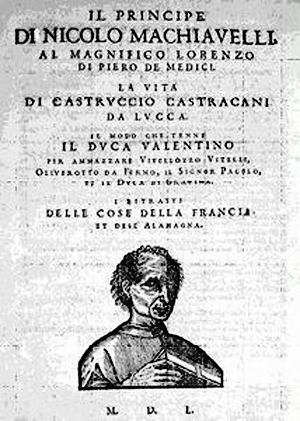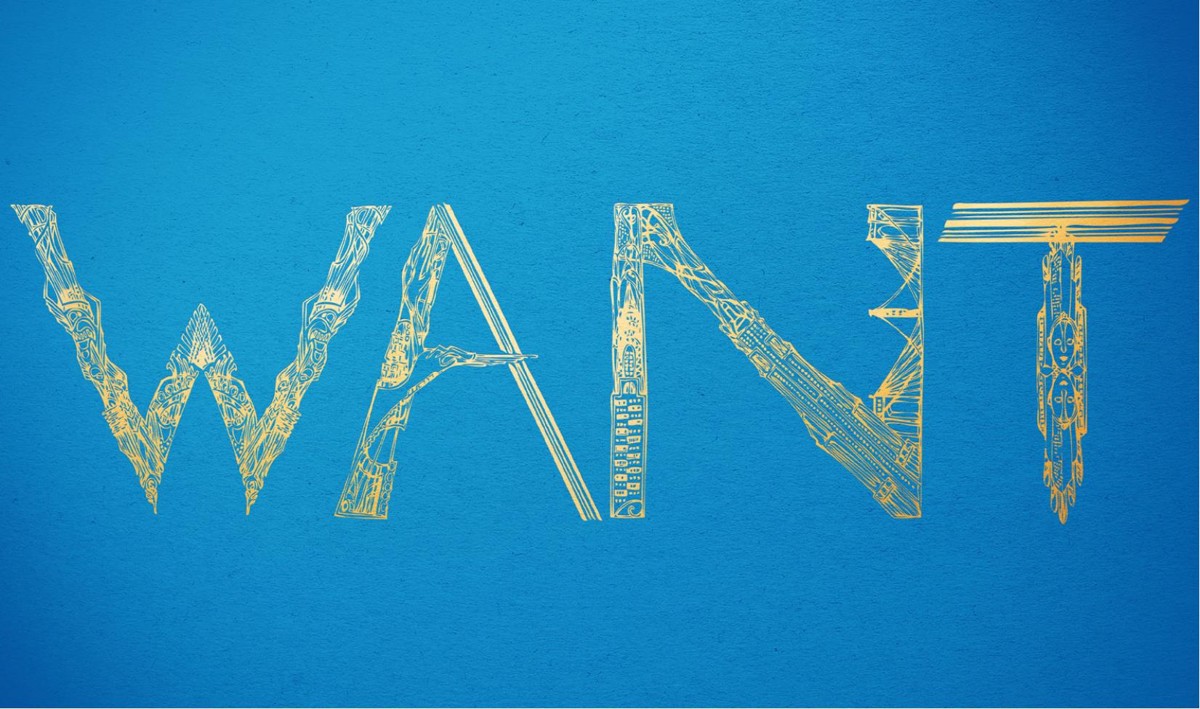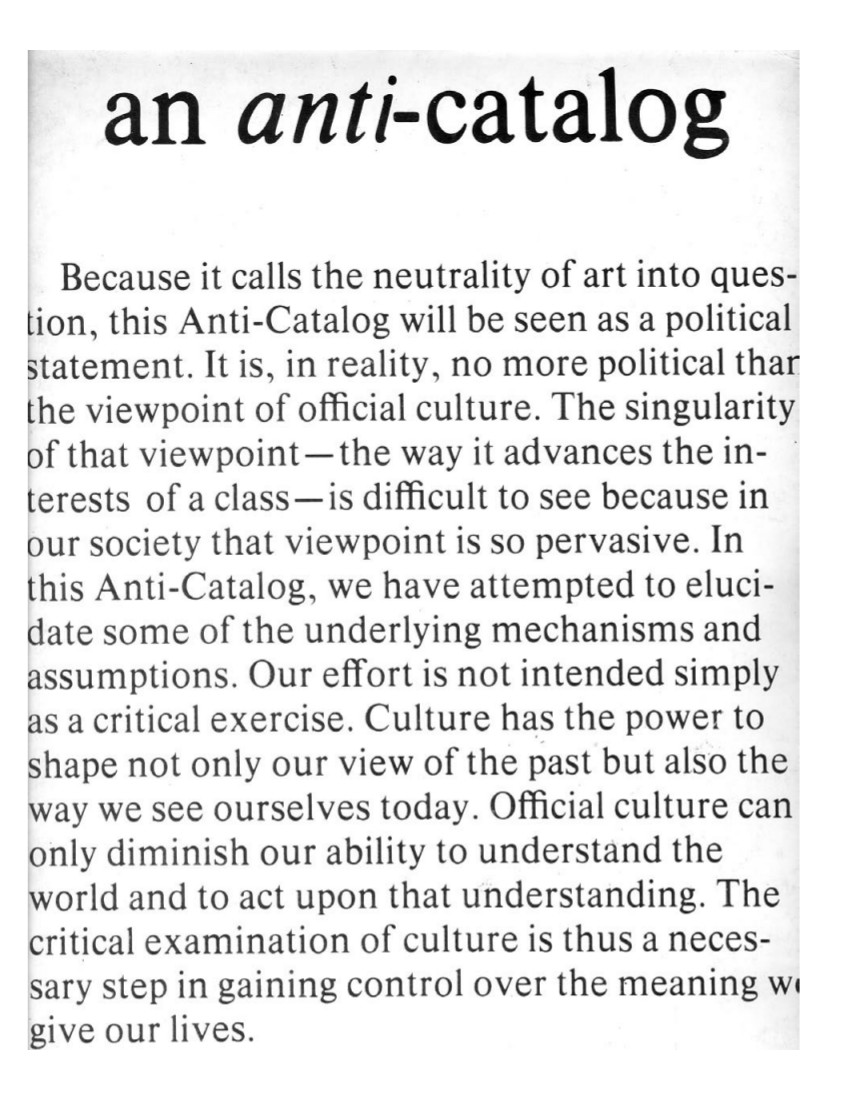Niccolò Machiavelli: The Prince (1532–) [IT, EN, RO, FR, CZ, DE, PT, SK, ES]
Filed under book | Tags: · governance, political philosophy, political science, political theory, politics

“Here is the world’s most famous master plan for seizing and holding power. Astonishing in its candor The Prince even today remains a disturbingly realistic and prophetic work on what it takes to be a prince … a king … a president. When, in 1512, Machiavelli was removed from his post in his beloved Florence, he resolved to set down a treatise on leadership that was practical, not idealistic. In The Prince he envisioned would be unencumbered by ordinary ethical and moral values; his prince would be man and beast, fox and lion. Today, this small sixteenth-century masterpiece has become essential reading for every student of government, and is the ultimate book on power politics.”
Il Principe (Italian, ed. Sálvio Marcelo Soares, 2009)
The Prince (English, trans. Luigi Ricci, 1903/1921)
Principele (Romanian, trans. Sorin Ionescu [pseudonym of Nina Façon], 1943, added on 2014-9-3), 1999 edition
Le prince (French, trans. Jean-Marie Tremblay, 1962)
The Prince (English, trans. James B. Atkinson, 1976/2008)
The Prince (English, trans. Harvey C. Mansfield, 1985/1998, blanked out sections repaired on 2018-9-1 via Nathan Hoepner)
Vladař (Czech, trans. Josef Hajný, 1986)
Der Fürst (German, trans. Friedrich von Oppeln-Bronikowski, 1990)
O Príncipe (Portuguese, trans. Maria Julia Goldwasser, 1990/2001)
Vladár (Slovak, trans. Pavol Koprda and Blahoslav Hečko, 1992)
The Prince (English, trans. Peter Bondanella, 2005)
O Príncipe (Portuguese, trans. Antonio D’Elia, 2006)
El Príncipe (Spanish, undated)
Rachel Law & McKenzie Wark: W.A.N.T: Weaponized Adorables Negotiation Tactics (2013)
Filed under book | Tags: · data, database, information, networks, surveillance

“The art of digital living in the PRISM era. An illustrated book for art, tech & theory fans.
What is data? How do we perceive the difference between data and information? How do we define the size, shape and scale of a network? Where do we even begin? These are the fundamental questions we are trying to address in W.A.N.T.
Digital living is under an onslaught of Weaponized Adorables. They are coming for you. You will be mugged in the bright alleys of your dreams by the teddy bear horde. What you can deploy on your side is your own W.A.N.T, or Weaponized Adorables Negotiation Team. This little manual we will introduce you to them, they are like a set of superheroes ready to fight on this digital terrain.” (from the project’s Kickstarter page)
Published via Kickstarter
Creative Commons Attribution Non-Commercial ShareAlike 3.0 License
80 pages
via Marcell Mars
an anti-catalog (1977)
Filed under catalogue | Tags: · activism, art, politics

“An Anti-Catalog was the work of the Catalog Committee of the group Artists Meeting for Cultural Change (AMCC). A landmark publication of the 1970s, its purpose was to protest the Whitney Museum of American Art’s bicentennial exhibition, which was titled Three Centuries of American Art. The Whitney show featured John D. Rockefeller III’s collection of mainly eighteenth and nineteenth-century American art–a collection that featured only one African American and one woman artist.
The Catalog Committee, which consisted of fifteen artists and two art historians, spent almost a year producing an eighty-page book containing articles and documents. Originally conceived as a critique of art historian E.P. Richardson’s catalog for the Whitney exhibition, the committee evolved ideas for pictorial essays that would encompass native American art, African-American art, art by women, critiques of pervasive class bias in the art world, and critical examinations of cultural institutions. As the committee wrote in its description of its project, ‘we share the belief that culture should no longer exist merely as an extension of the economic interests or the personal ‘tastes’ of the wealthy and powerful. Nor can we hope to transform culture outside of a struggle to transform the society from which it springs.’ Strong words that have lost little of their relevance for today’s cultural scene.” (Alan Wallach)
Written, designed, and produced by Rudolf Baranik, Sarina Bromberg, Sarah Charlesworth, Susanne Cohn, Carol Duncan, Shawn Gargagliano, Eunice Golden, Janet Koenig, Joseph Kosuth, Anthony McCall, Paul Pechter, Elaine Bendock Pelosini, Aaron Roseman, Larry Rosing, Ann Marie Rousseau, Alan Wallach, Walter Weissman.
Publisher Artists Meeting for Cultural Change, New York, 1977
80 pages
via Dark Matter Archives, via Primary Information

